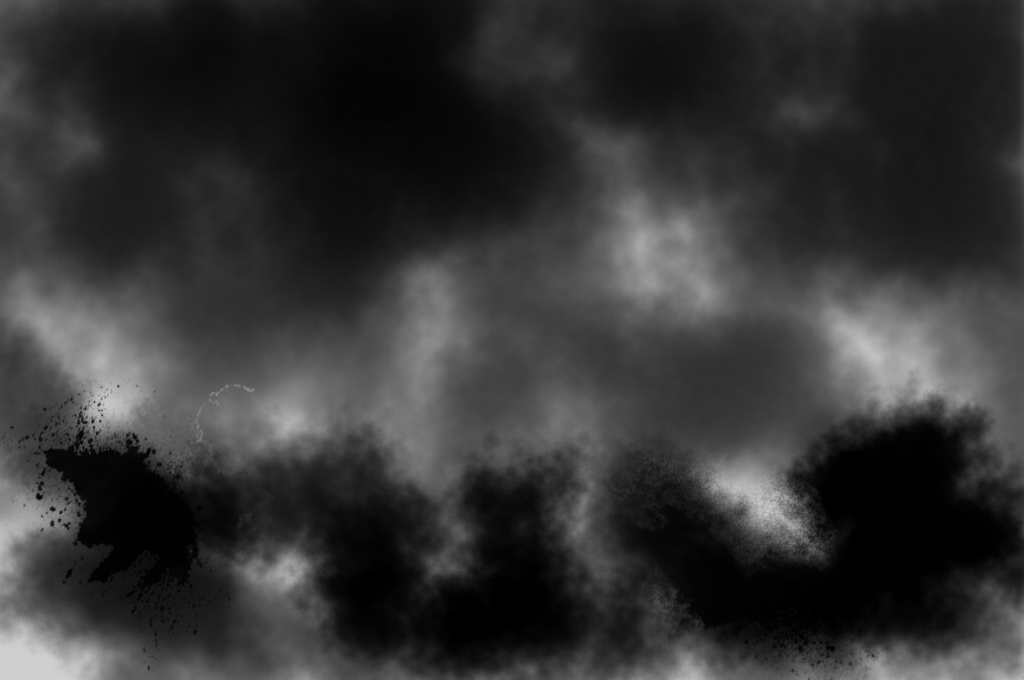- Devastating Attack: Russian missiles struck Sumy, Ukraine, during Palm Sunday.
- Casualties: At least 32 people killed, including children, and dozens wounded.
- International Condemnation: World leaders denounce the attack, questioning peace talk prospects.
- Accusations: Both sides accuse each other of violating agreements to pause strikes.
- Spring Offensive Fears: Concerns rise about a potential Russian spring offensive.
Horror in Sumy: Missile Strike Claims Dozens of Lives
The Ukrainian city of Sumy was rocked by a devastating missile attack on Palm Sunday, resulting in the deaths of at least 32 people, including two children. According to reports from the State Emergency Service of Ukraine, a further 99 individuals sustained injuries, among them 11 children. The attack, which occurred around 10:15 a.m. local time, has sent shockwaves through the international community.
Eyewitness accounts and images from the scene paint a grim picture. Black body bags lined the streets, while rescue workers tended to the wounded amidst the rubble. Burnt-out cars and damaged buildings testified to the sheer force of the impact.
Zelenskyy’s Outrage and Call for Action
Ukrainian President Volodymyr Zelenskyy has strongly condemned the attack, calling it an act of “filthy scum.” He emphasized the need for a global response that treats Russia as a terrorist state. Andriy Yermak, head of the Ukrainian president’s office, further alleged that the strike involved the use of cluster munitions, aimed at maximizing casualties. However, this claim has not been independently verified.
This attack follows a similar deadly incident in Zelenskyy’s hometown of Kryvyi Rih on April 4, where approximately 20 people, including nine children, lost their lives.
International Response and Condemnation
The international community has reacted with outrage and condemnation. French President Emmanuel Macron stated that the attack undermines Washington-led peace talks. He asserted that Russia alone initiated and continues the war, disregarding human lives, international law, and diplomatic efforts.
The attack is raising serious concerns about the future of peace negotiations and the potential for further escalation in the conflict. Other world leaders have joined in condemning the violence and calling for accountability.
Escalating Tensions and Violated Agreements
The Sumy attack occurred amidst already heightened tensions, with both Russia and Ukraine accusing each other of violating a U.S.-brokered deal to pause strikes on energy infrastructure. These accusations were exchanged at the Antalya Diplomacy Forum, just a day after U.S. envoy Steve Witkoff met with Russian President Vladimir Putin to discuss peace prospects.
Russian Foreign Minister Sergey Lavrov claimed that Ukraine has been attacking Russia consistently, while his Ukrainian counterpart, Andrii Sybiha, countered that Russia has launched numerous missiles, drones, and aerial bombs at Ukraine, primarily targeting civilians, since agreeing to the limited pause.
Fears of a Spring Offensive
With Russian forces holding the advantage in Ukraine, concerns are growing about a potential spring offensive. Kyiv has warned that Moscow is planning to ramp up pressure and improve its negotiating position. While Ukraine has endorsed a broader U.S. ceasefire proposal, Russia’s far-reaching conditions have effectively blocked it. European governments have accused Putin of stalling the negotiation process.
Aftermath and Continued Conflict
Beyond Sumy, other regions of Ukraine continue to experience the impact of the conflict. A woman was killed in Russian shelling of Kherson, and a strike hit a kindergarten in Kharkiv, damaging the building. The situation remains volatile and unpredictable.
As Retired Lt. Gen. Keith Kellogg, Trump’s special envoy to Ukraine and Russia, stated, the Sumy attack crossed “any line of decency,” underscoring the urgent need to end the conflict.


